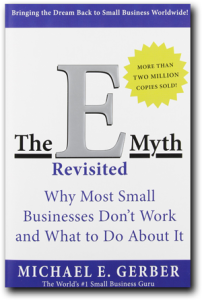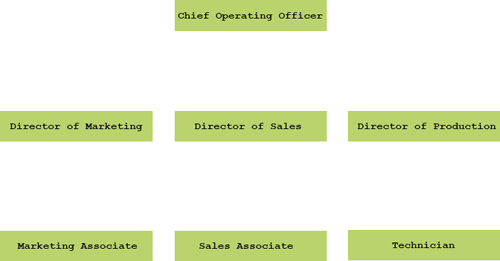We know nothing about our businesses.
That’s right. According to Michael Gerber in his fantastic book The E-Myth: Revisited, most small businesses fail due to a fundamental misunderstanding of how business is done in the information age.

In just under 300 pages, Gerber illustrates that the average prospective business owner nowadays subscribes to an illusion that tends to lead them towards failure:
The E-Myth (noun):
- Most people who run small businesses are entrepreneurs;
- An individual that understands the technical work of a business can run a business in that niche.
In a nutshell, Gerber is saying that most people assume that they can just become an entrepreneur given that they know a particular in-demand skill set, and are willing to start a business.
He continues to explain that this leads people into the inevitable circumstance of always being attached to the “value loop” of the business, and then either working themselves into the ground, or not being able to feasibly wholly accommodate the demand for their product or service.
If you are your business, you don’t own a business, you have a job.Michael E. Gerber
Gerber prescribes a solution to the problem by introducing a concept he named the Franchise Prototype. Essentially, this concept describes an ideal scenario for success of a small business in which the initial business owners approach the task of building their business as if they were expecting to franchise their model:
- A business owner would design an organizational map of their business (see below), that yields an honest account of all the functions required to sustain a profitable business model;
- Fill their names in each and every role;
- Begin to develop a franchise model for each role until the documentation is sufficient enough that essentially anyone could do it on their behalf;
- Progressively replace themselves in each role with appropriately-trained resources.
This allows business owners to step out of the business and begin working on it instead of inside it.
 In summary, Gerber is stressing that you leverage systems to replace the business owner inside their small business, allowing them to step outside and continue working on it.
In summary, Gerber is stressing that you leverage systems to replace the business owner inside their small business, allowing them to step outside and continue working on it.
The Good
This book does the following well:
- Addresses a common issue in a clear and understandable manner;
- Provides a simple and methodical solution;
- Offers some really deep examples in which Gerber walks readers through his processes step by step;
- The text is incredibly honest and frank;
- The verbiage flows very naturally & intuitively: in many ways I felt like Gerber was having a candid conversation with me.
The Bad
This book could be improved in the following ways:
- At times, the book can get quite overwhelming to follow.
Overall
This book is absolutely essential reading material to any would-be entrepreneur who is interested in opening up a service-oriented small business that won’t fail. It describes a simple and intuitive way to build a business model that has a primary goal of finding and keeping customers.

I would highly recommend this text and would consider it staple material on this subject.